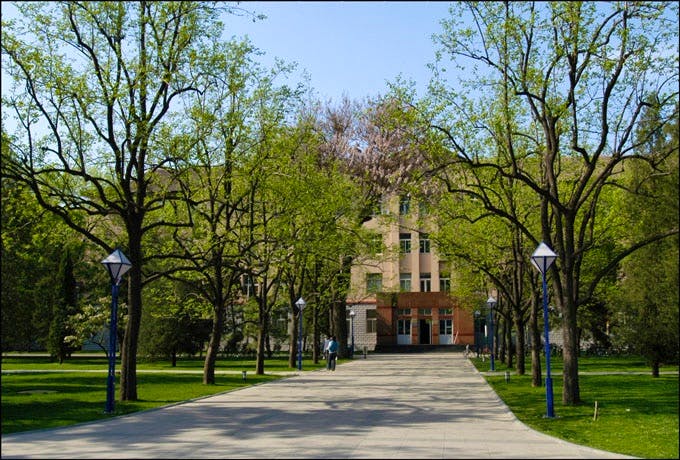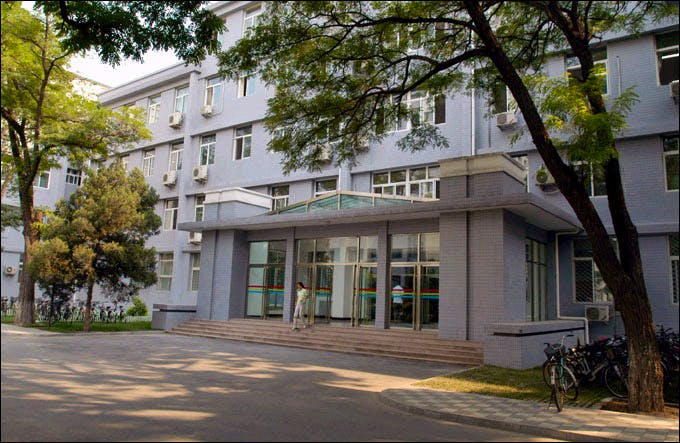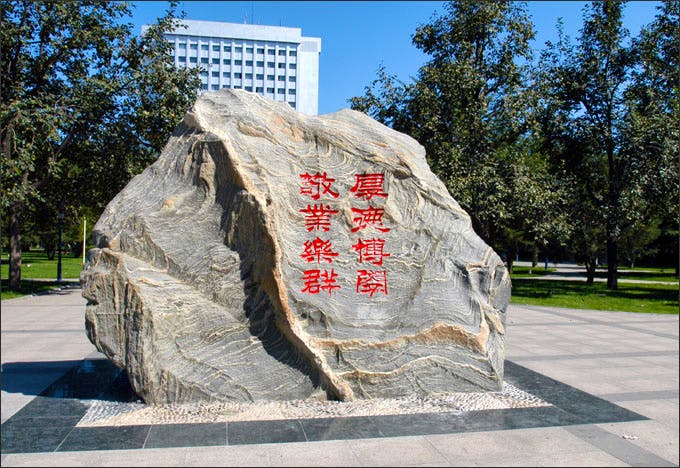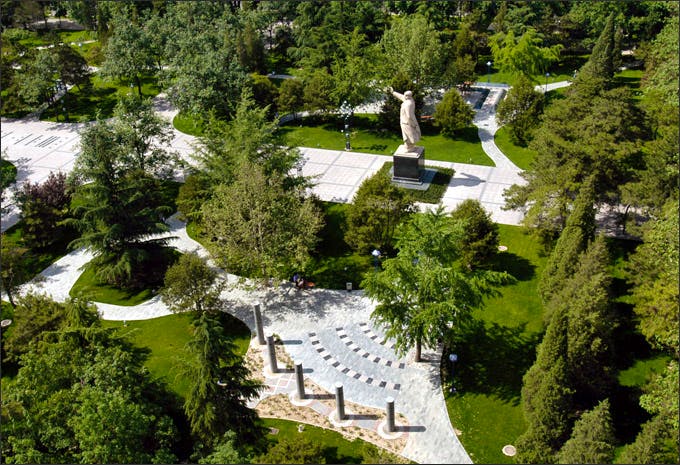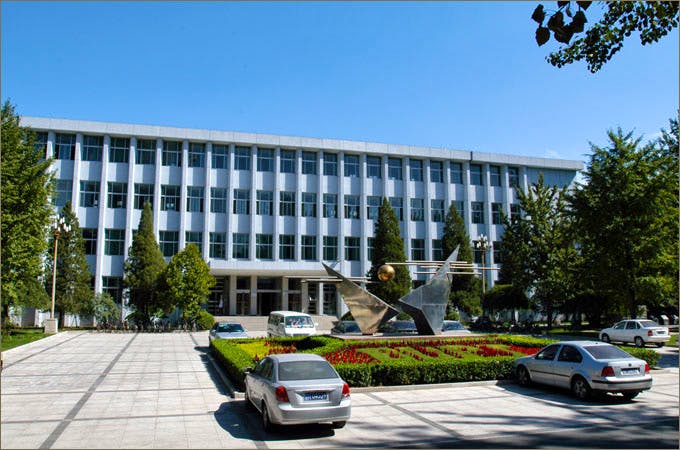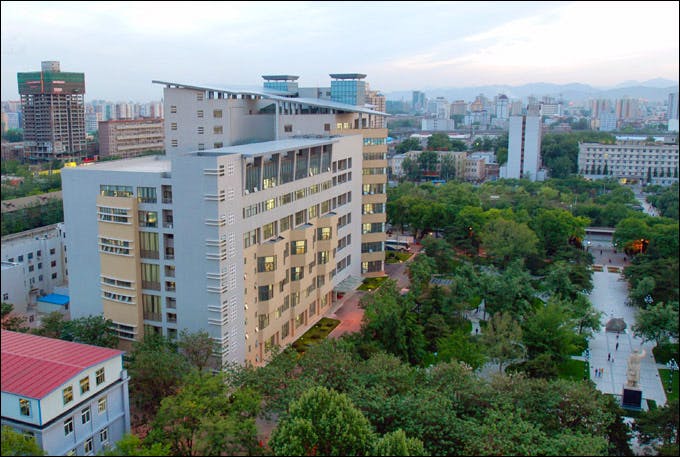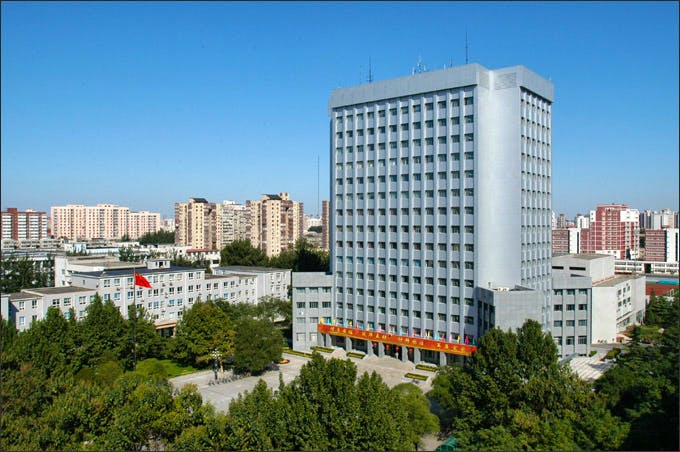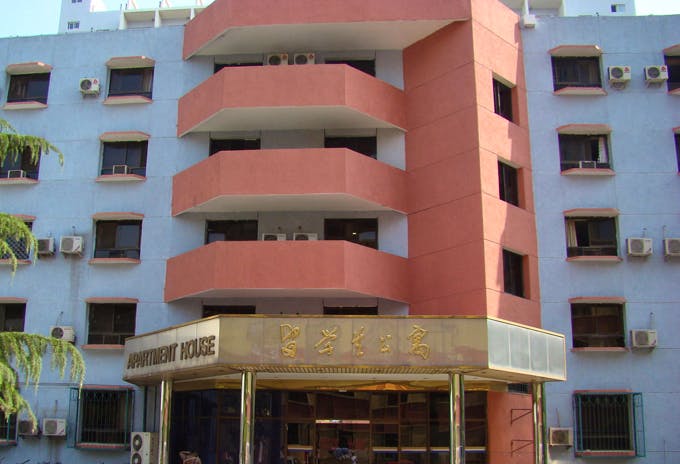Academics
BUPT has 14 teaching units, three research institutes, and one graduate school. The 14 teaching units include the School of Information and Communication Engineering, School of Electronic Engineering, School of Computer Science, School of Automation, School of Software Engineering, School of Sciences, School of Economics and Management, School of Public Management, School of Digital Media and Design Arts, School of Humanities, International School, School of E-learning (Continuing Education), School of Ethnic Minority Education, Teaching and Research Center for Marxism. The three research institutes are Institute of Network Technology, Institute of Information Photonics and Optical Communications as well as Institute of Intelligent Sensing Technology. The Schools and Institutes mentioned above cover disciplines of engineering, science, management, economics, philosophy, law, education, humanity, and arts.
The university has 22,000 full-time students and about 30,000 part-time students. It offers 36 undergraduate programs, 9 Ph.D. programs, 23 master programs, and 5 post-doctoral programs. The employment rate of BUPT postgraduates and undergraduates reaches 100 percent and 99 percent respectively. In addition, BUPT students get outstanding records in various major competitions in mathematics, physics, electronics, and English.
BUPT has over two thousand staff in total, including 9 academicians, 1420 full-time teachers (85 percent of them with master or doctor degree), 4 distinguished Chang Jiang Scholars, 21 national experts with outstanding contributions, 6 "Project 973" chief scientists and so on.
BUPT has two national key disciplines, which are Information and Communication Engineering (top 1 among national key disciplines) as well as Electronic Science and Technology. BUPT has two state key laboratories, which include the State Key Laboratory of Networking and Switching Technology and the State Key Laboratory of Information Photonics and Optical Communications, and two national engineering laboratories, which include National Engineering Laboratory for Disaster Backup and Recovery as well as National Engineering Laboratory of Information Content Security Technology. BUPT has two “111” International Academic Talents Base funded by the Chinese government including Key Technologies for Telecommunications and Networks as well as Advanced Intelligence and Network Service. Professor Zhores I. Alferov, the 2000 Nobel Laureate in Physics, Vice President of the Russian Academy of Sciences (RAS) and the Rector of RAS St. Petersburg Academic University, is the Great Master of Science in the first one of the two 111 bases, the Honorary Director of the State Key Laboratory of Information Photonics and Optical Communications (BUPT) and the Director of the Russian-Chinese Joint Laboratory of Information Optoelectronics and Nanoheterostructures.
International Exchange
BUPT attaches great importance to the exchanges and cooperation with other higher education institutions both at home and abroad and has established inter-university academic exchange programs with over 70 universities from 40 countries and regions, including the United States, the United Kingdom, Germany, Sweden, France, Japan, Korea and those from the regions of Hong Kong, Macao, and Taiwan. BUPT has also cooperated successfully with many world-renowned enterprises in telecommunications to create a better environment for students to develop their modern and international consciousness. Currently, the figure for international students studying in BUPT reaches 410 and they are coming from more than 70 countries. In 2004, BUPT initiated the International School (approved by the Ministry of Education) to implement the International Joint Degree Programs with Queen Mary, University of London. Over 83 percent of graduates pursued their higher education abroad. The Confucius Institute at the University of the South Pacific (CI-USP, headquartered in Fiji, is jointly established by BUPT and the University of the South Pacific(USP). CI-USP has offered valuable learning opportunities to USP students and local people. CI-USP is making its effort to become one of the models of excellent Confucius Institute.
Beijing University of Posts and Telecommunications Library
Beijing University of Posts and Telecommunications Library was built in 1955, covering about 14,000 square meters. The primary library holds more than one million copies of various documentations. The library has distinct characteristics of posts, telecommunications, and electronics,with many prestigious professional books on telecommunications throughout the world. It is no doubt number one in that respect in quantity or quality in China. Now there are 1,100,000 books in the library, including 3,000 periodicals. Besides the printed books, the library also has 26 databases with a large amount of electronic documentation, including IEL, EI village, ISTP, PQDD, China Academic Journal, etc.
Show less 